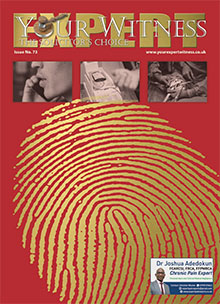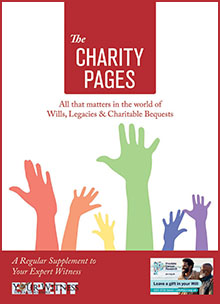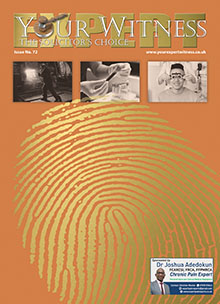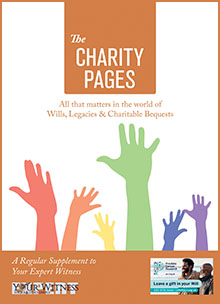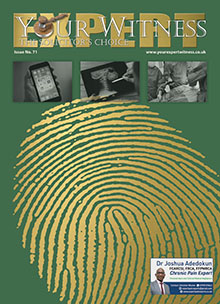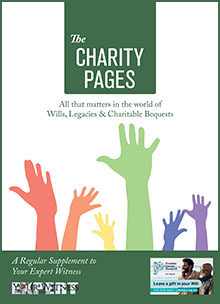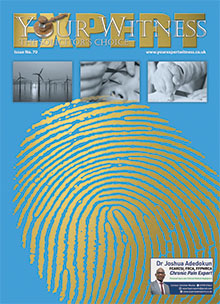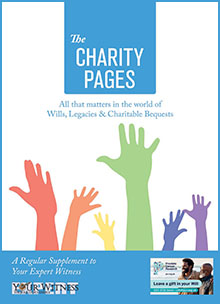The links between alcohol and violence are well established, and in nearly half (45%) of all violent incidents in the UK, victims believed offenders to be under the influence of alcohol.
Intoxication is not a defence in law unless it can be argued that the consumption of the intoxicant occurred involuntarily. A central descriptive characteristic of the alcohol dependence syndrome is the desire – sometimes overpowering – to take alcohol, which could be fairly regarded as involuntary consumption under certain circumstances.
In 2008 the landmark case of R v Wood [2008] EWCA Crim 1305 brought about a significant shift in how a court would deal with subsequent cases where an alcohol dependent individual has been charged with murder, and seeks to rely on the partial defence of diminished responsibility.
Prior to Wood the leading authority on diminished responsibility, where alcohol dependence alone was relied on, was R v Tandy [1989] 1 WLR 350. Tandy stated that alcohol dependency had to have reached a level where the brain had been injured so that there was gross impairment of judgement and emotional responses, or the alcoholism had reached a level where the drinking had become involuntary.
In Wood it was felt that the sharp distinction between cases where brain damage has occurred as a result of the syndrome and those where it has not was no longer appropriate. The rationale behind the decision reflected the developments in contemporary understanding of alcohol dependency syndrome which could, even in the absence of observable brain damage, constitute an abnormality of mind induced by disease or illness.
From Wood it was felt important for the jury to be able to differentiate between voluntary and involuntary drinking. That requirement would prove somewhat problematic as, in the case of alcohol dependence, firstly it would be difficult, if not impossible, to distinguish what drink was voluntarily taken and what drink was taken because the individual was no longer able to resist the impulse; secondly, even supposing it could be decided what drink was taken voluntarily and what was taken involuntarily, it may prove even more difficult to begin to separate out the effect of the voluntary from the involuntary where there is but one continuum, namely the effect of intoxication.
In an attempt to help trial judges and juries properly consider these issues, in the recent case of R v Stewart [2009] EWCA Crim 593 a judgement was held that further guidance should be given to juries in murder trials as to the defence of diminished responsibility where the only basis for the alleged abnormality of mind arose from alcohol dependency syndrome without discernible brain damage. From that guidance the jury would be invited to form their judgement on the extent and seriousness of the defendant’s alcohol dependency; on the extent to which his ability to control his drinking or to choose whether to drink or not, was reduced; whether he was capable of abstinence from alcohol, and if so for how long, and whether he was choosing for some particular reason to get drunk or to drink more than usual.
It was also felt that certain information would be important to obtain, and possibly have a significant bearing on the decision of the jury:
- The defendant’s pattern of drinking in the days leading up to the day of the killing.
- The defendant’s pattern of drinking on the day of the killing itself.
- His ability, notwithstanding his consumption of alcohol, to make apparently sensible and rational decisions about ordinary day-to-day matters at the relevant time.
Matters concerning the working of the mind have always been difficult areas for the jury, and for this reason counsel has a responsibility to present clear and intelligible evidence for the court’s consideration. Therefore, prior to instructing an expert, clarification should be sought as to the expert’s competence in the following areas:
- Establishing or ruling out the diagnosis of alcohol dependence.
- Competence in assessing the degree of illness severity through clinical assessment, use of valid clinical scales, and relevant laboratory tests.
- The ability to screen for cognitive dysfunction that may have arisen secondary to alcohol dependence, and to identify if formal neuropsychological testing is subsequently required.
- Understanding the legal concepts of abnormality of mind, substantial impairment of mental responsibility and their relevance to the partial defence of diminished responsibility.
- The ability to provide an assessment of dangerousness; this should be included in any instruction and will assist the court should it seek to impose a sentence of indeterminate imprisonment for public protection.
Perhaps most important of all, the expert should have a good grasp of the relevant authorities in this area as failure in this regard can cause undue delay in progressing a case before the court.



 “Speculate before you accumulate. I am a long term regular writer and advertiser in 'Your Expert Witness - the Solicitor’s Choice'. This investment pays me substantive dividends; I get more Expert Witness work with every issue. Not only solicitors and barristers but also judges seem to read it. It is a win-win situation. Success breeds success; I must continue to write and advertise.”
“Speculate before you accumulate. I am a long term regular writer and advertiser in 'Your Expert Witness - the Solicitor’s Choice'. This investment pays me substantive dividends; I get more Expert Witness work with every issue. Not only solicitors and barristers but also judges seem to read it. It is a win-win situation. Success breeds success; I must continue to write and advertise.”












